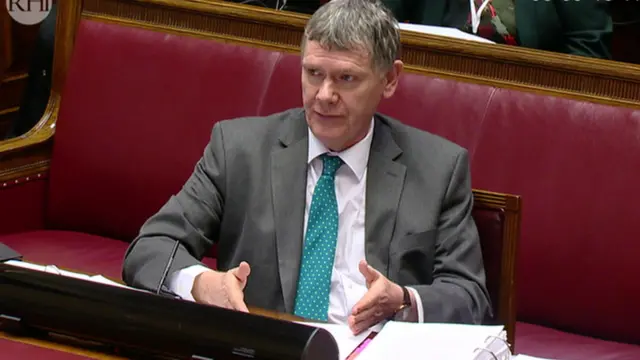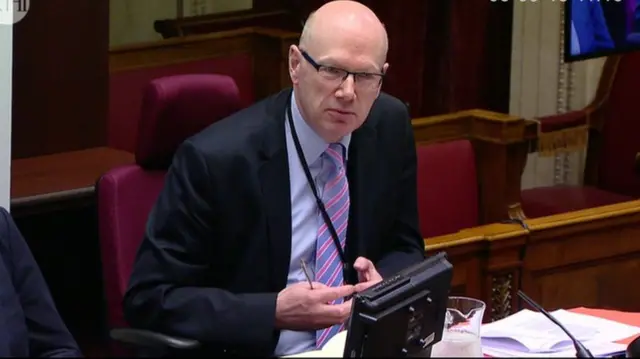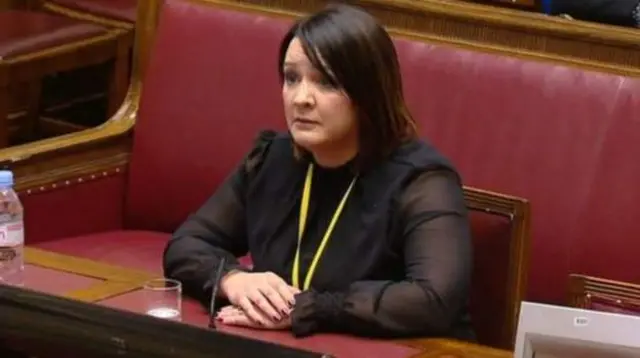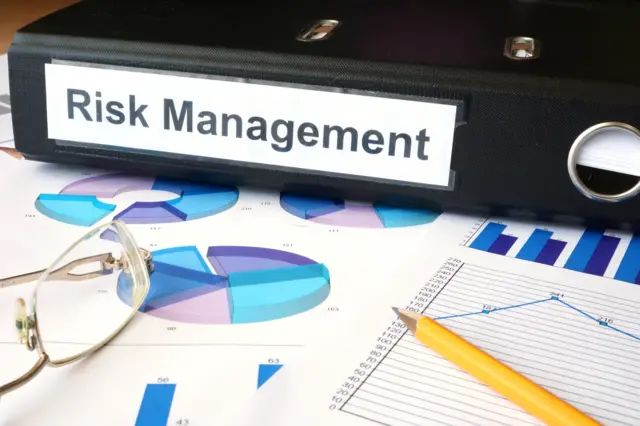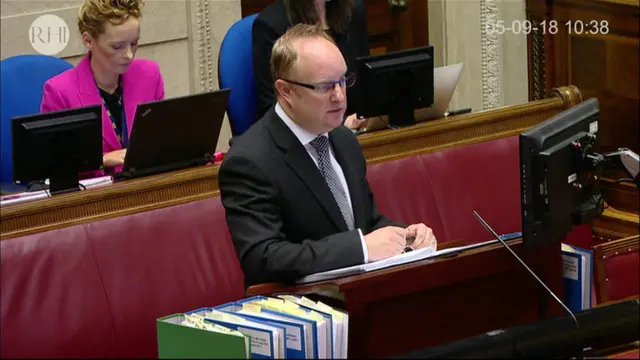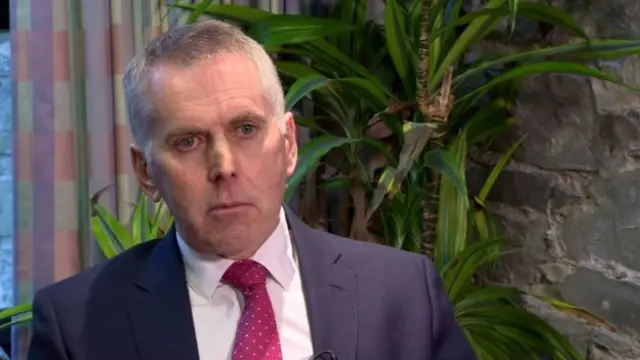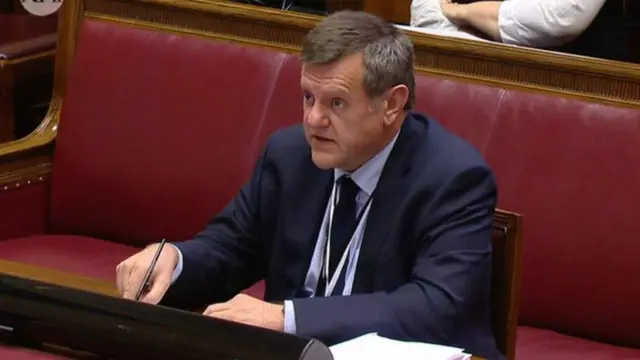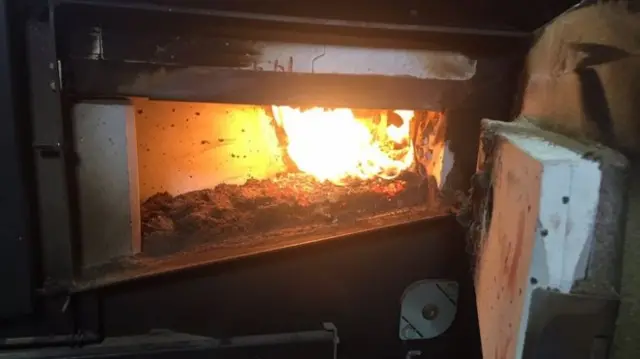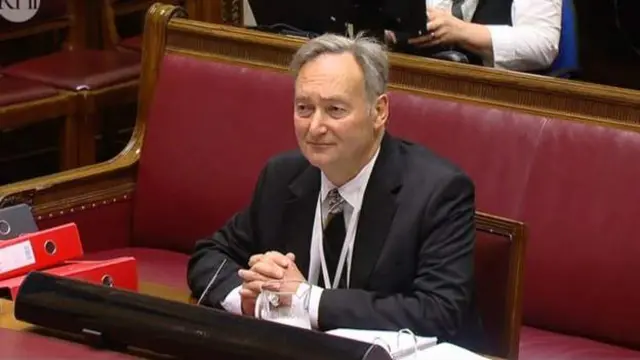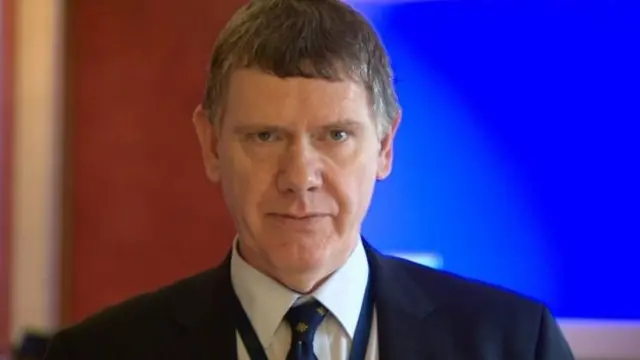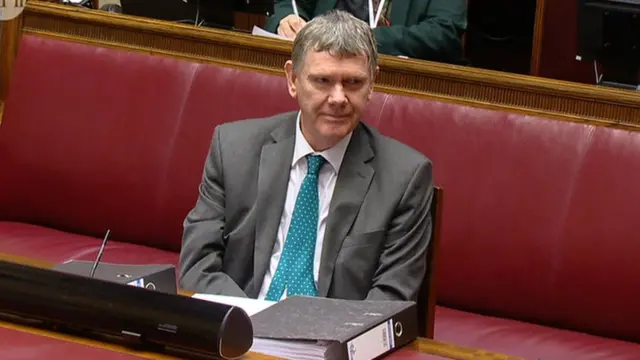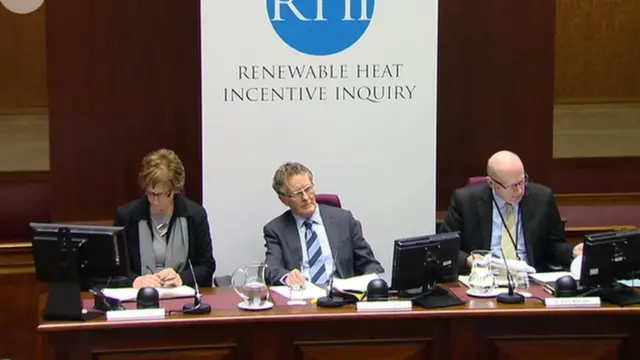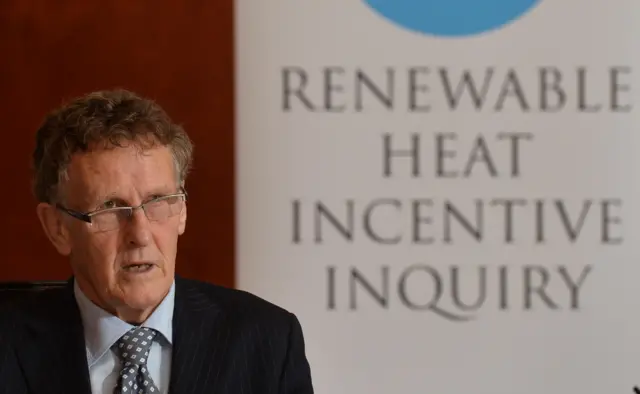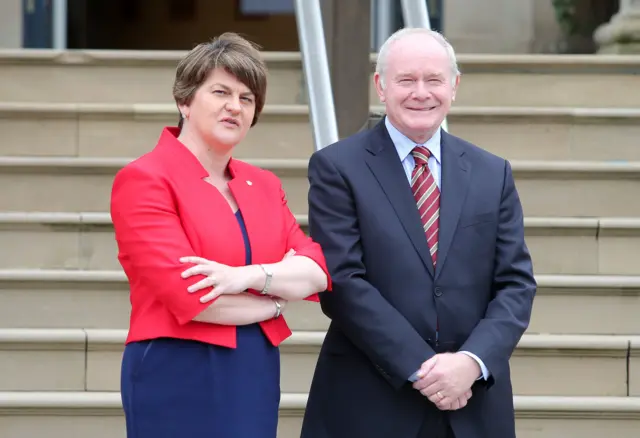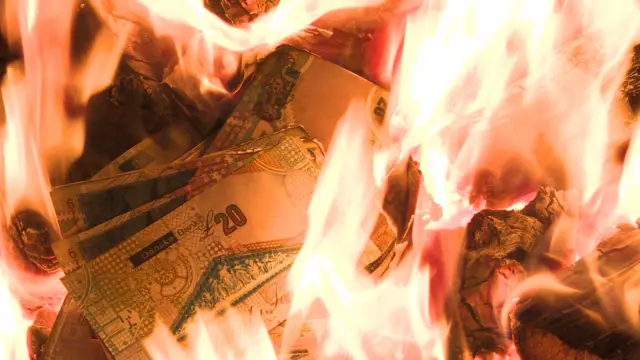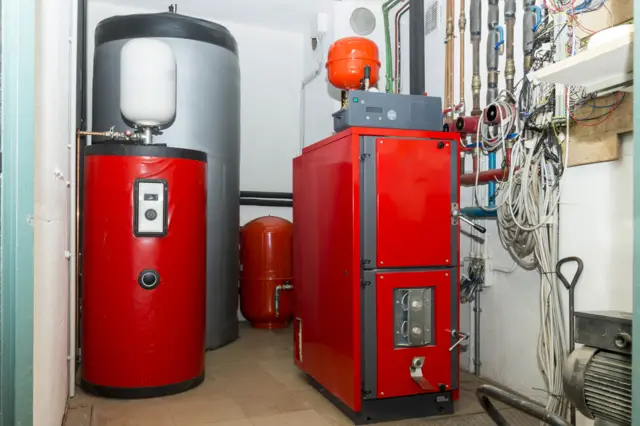'Finance department inaction definitely didn't help'published at 13:06 BST 5 September 2018
 Image source, Getty Images
Image source, Getty ImagesIt "would've been helpful" if Stormont's finance department had done more to assist DETI with sorting out the budget problems with the RHI scheme in June 2015, says Dr McCormick.
Asked if the Department of Finance and Personnel (DFP) had given DETI the necessary help, he says: "I can't see how I can say yes to that.
"I hesitate to blame," he adds, but the finance department's refusal to engage with the Treasury about the issue "definitely didn't help... when something... was going very badly wrong".


